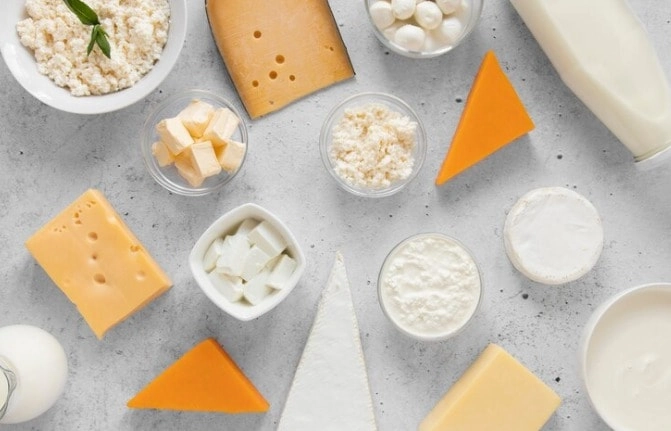The impact of dairy on our diets has long been a topic of discussion, with a growing number of people exploring the idea of a world without dairy. For many, dairy products like milk, cheese, and yogurt are staples, providing essential nutrients like calcium, protein, and vitamins. However, as awareness of lactose intolerance, dairy allergies, and ethical concerns surrounding animal farming increases, more individuals are considering the potential benefits of eliminating dairy from their diets. This raises an important question: will we truly miss dairy, or can we effectively compensate for its absence with alternative options?
The rise of plant-based diets has led to a surge in the availability and popularity of dairy alternatives. Products made from nuts, soy, oats, and coconuts have become mainstream, offering consumers a range of flavors and textures that can mimic traditional dairy products. For example, almond milk, soy yogurt, and cashew cheese have emerged as popular substitutes that cater to both those with dietary restrictions and those seeking to reduce their environmental footprint. These alternatives not only provide essential nutrients but also offer unique health benefits, such as lower cholesterol levels and reduced saturated fat intake.
Moreover, the culinary world is adapting to these changes, with chefs and home cooks alike experimenting with innovative recipes that incorporate these dairy substitutes. The versatility of ingredients like nutritional yeast and coconut cream allows for the creation of rich and satisfying dishes that do not rely on traditional dairy. As more people embrace these alternatives, it becomes evident that a world without dairy does not equate to a lack of flavor or nutrition; rather, it opens the door to diverse culinary experiences that promote creativity in cooking.
Nevertheless, the transition away from dairy may pose challenges for some individuals, particularly those who are accustomed to the taste and texture of dairy products. Nutritional considerations must also be made, as certain nutrients found in dairy, such as calcium and vitamin D, need to be sourced from alternative foods or supplements. It’s crucial for individuals adopting a dairy-free lifestyle to educate themselves about balanced nutrition to ensure they meet their dietary needs.
In conclusion, while a world without dairy may initially seem daunting for many, the growing array of dairy alternatives and the creative culinary solutions emerging from this shift suggest that we can indeed thrive without traditional dairy products. As society continues to evolve in its understanding of nutrition and ethics surrounding food production, the potential for a rich, diverse, and healthy diet remains intact, paving the way for a future where dairy is not a necessity, but rather one of many options available to us.




